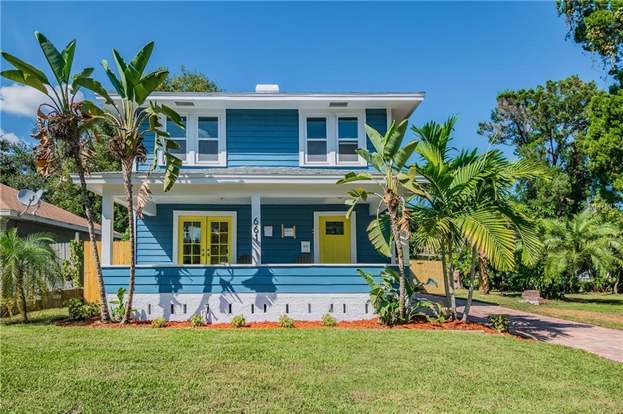Government officials in some cities want to make it easier and less expensive to raise homes near coastal areas that suffer from repeated flood threats.
Flooding is a threat to low-lying coastal communities. Federal flood insurance premiums are rising, and many believe they will continue to do so over future years.
“The seas are rising … The flood maps continue to get updated, and more homes are in coastal high hazard areas,” Brandi Gabbard, a broker associate at Smith and Associates and a city council member for St. Petersburg, Fla., told the Tampa Bay Times. “We need to be forward-thinking. How we can better help our residents access funding to get them out of harm’s way?” More than 35,000 homes in Florida alone are located in “extreme” risk zones for storm surges as classified by the National Flood Insurance Program.
Raising preexisting homes is generally faster and more cost-effective than the common practice of demolition and reconstruction, Noah Taylor, floodplain coordinator for the city of St. Petersburg told the Tampa Bay Times.
That’s why homeowner David Noah decided to have his entire home in St. Petersburg raised on steel beams after repeated floodwaters threatened his home over the last few years. His 1970s ranch house now rests 14 feet above the ground.
St. Petersburg is one city that is encouraging qualified homeowners to apply for a federal Flood Mitigation Assistance Grant, a Federal Emergency Management Agency program that pays for renovations on homes that have been repeatedly damaged by flooding. Residents have to submit an application through their local government. The local government then serves as a sponsor for the application through the state and national process. The program is known as being competitive for the grants. The program allocates $160 million in flood mitigation assistance nationwide.
St. Petersburg has made the move to sponsor grant applications only for elevation projects, no longer sponsoingr grants for projects involving demolition and reconstruction since they believe it’s easier to get the home elevation projects approved.
Raising a house isn’t as cumbersome as it may sound, Taylor says. A small tractor digs around the home’s perimeter. Construction workers remove the cement foundation. Finally, steel I-beams are slid under the house and four hydraulic jacks then lift the home into the air. A home can be lifted in just one day. The bottom of the house then can be enclosed and converted into garage space. But the project can be expensive: The cost can average $217,000, but depends greatly on the size of the home.
Source: “Answer to Rising Waters? Raise the House,” Tampa Bay Times (June 24, 2019)













